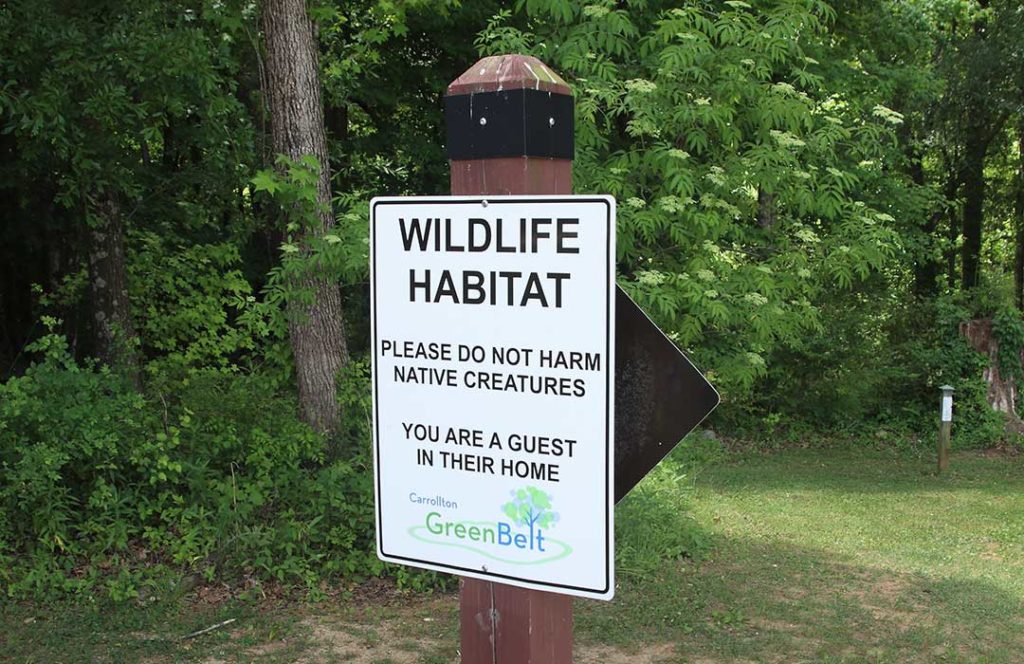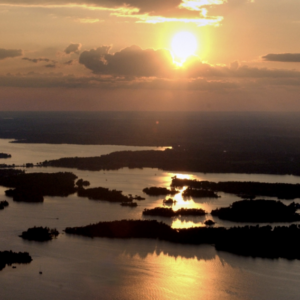No Desire for Highway 413
It seems that the controversial 413 Highway proposal is akin to paving paradise and putting up a highway. And people are not interested.
A recent Nature Canada poll found that the public does not want this project. They do not believe it will reduce traffic and would rather focus on light rail development or the implementation of alternative solutions like reducing tolls on Highway 407. In March 2021, over 4,000 Nature Canada supporters also sent letters to decision-makers in opposition to the construction of the highway. Read the Letter →
Doug Ford has suggested the highway project is climate action because it will reduce traffic. Countering his claims, experts predict the highway would only save commuters an average of 30 to 60 seconds per trip.
Are 60 seconds worth the damage this highway will do to our already struggling wildlife and wilderness? Not only would the corridor cost billions of dollars, but it would also bulldoze through swathes of farmland and the Greenbelt between Vaughan and Milton.

The consequences outweigh the benefits
The development of Highway 413 will have devastating impacts on the forests, farms, wetlands, rivers and even communities. It will destroy essential natural spaces, including the Nashville Conservation Reserve, which is part of an avian superhighway critical for migratory birds heading northward to the boreal forest every spring.
The construction of the highway would also be detrimental to over a hundred protected species of birds as well as twenty-nine species at risk like the Rapids Clubtail, a rare dragonfly only found in three places in Ontario (two of which the highway would cut through).
Commitments to Nature
The government of Canada has made significant assurances to protect nature. They have promised to protect 30 percent of land and water by 2030 and 25 percent by 2025. But according to Environmental Defence, the construction of this highway would add over 17 million tonnes of greenhouse gas emissions by 2050 and result in $1.4 billion in damages from pollution at a time when cutting emissions is more imperative than ever.
Our communities are already being affected by rising temperatures and increasingly severe weather. Now more than ever, the province must focus on creating climate-resilient communities while protecting and restoring the nature we have left. Before it’s too late.
Learn more about the twin crises facing Canada: climate change and mass species extinction. Subscribe for updates to be the first to know when it’s time to take action.



